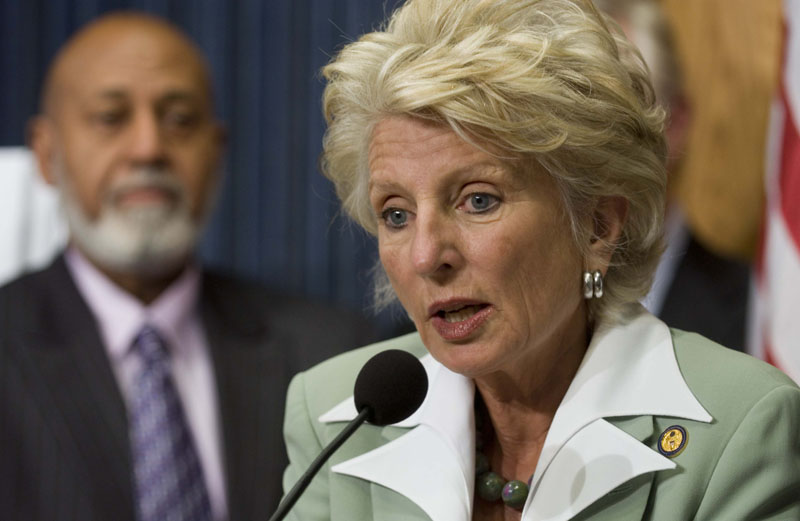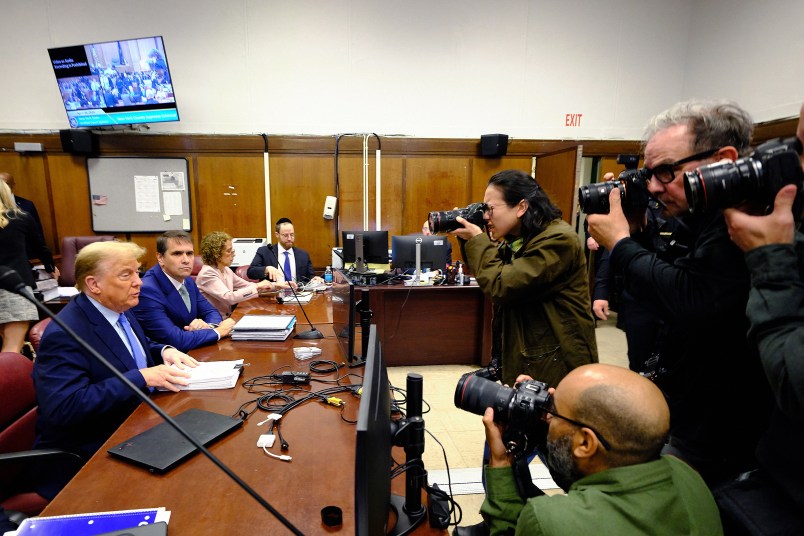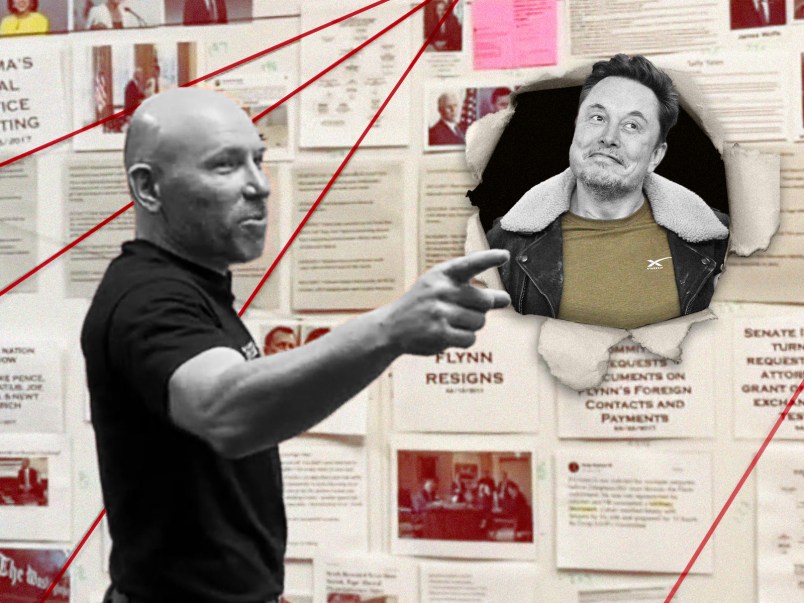Rep. Jane Harman (D-CA), usually a reliable supporter of the military adventure du jour, yesterday broke sharply with President Obama on Afghanistan, arguing that “a larger occupation” will give “the Taliban an enhanced recruiting tool.”
Harman’s statement, released before Obama’s speech, applauds in general terms his “regional approach,” but strongly argues that adding more troops will decrease the United States’ chances of success.
After two trips to Afghanistan this year, Harman was so “appalled and horrified by the depth of corruption of the Karzai government” that she simply could not support Obama’s plan, she told Newsweek.
While Obama argued in his speech that Afghanistan is not a 21st century Vietnam, Harman believes quite the opposite: she said “eerie echoes of Vietnam” abound in the current discussion around Afghanistan:
There are eerie echoes of Vietnam and the crucial 1965 memo to President Johnson in which National Security Adviser McGeorge Bundy wrote, ‘The situation… is deteriorating, and without new U.S. action defeat appears inevitable. There is still time to turn it around, but not much.’ Bundy turned out to be wrong, and I think a troop build-up as part of an otherwise careful and thoughtful strategy is also wrong.”
Here’s her full statement
“Much in President Obama’s new PakAf strategy is to be applauded. If media reports are correct, he is taking a regional approach to the terror threats the U.S. faces–by offering an expanding strategic partnership role to Pakistan, provided it abandons its destabilizing and ambiguous relationships with extremist groups including al-Qaeda, the Haqqani network and Lashkar-e-Taiba. These groups continue to have safe haven in Pakistan and to attack U.S., Afghan and Indian targets.
The President’s new Afghanistan strategy is designed to ‘work around’ the corrupt Karzai government by funneling resources to the provincial and district levels and specific ministries based on their performance. I also applaud consultation with NATO allies, Australia and Russia about these goals and the request that they commit personnel and resources to truly internationalize the mission.
However, I do not agree that inserting 34,000 additional U.S. and 5,000-10,000 additional ISAF troops into southern and eastern Afghanistan will enhance the chance of success. Just the opposite. Expanding our military footprint in Afghanistan is a mistake. A larger occupation gives the Taliban an enhanced recruiting tool, continues the dependency of Afghan fighters on our superior training and logistics, and commits scarce U.S. resources ($1 million per soldier annually) at a time when other counterterrorism challenges–including inside the United States–appear more urgent. We are already spending more annually on Afghanistan than its GDP!
Gen. McChrystal’s report called for 400,000 trained Afghan military and police to resource the mission. My two visits to the region this year persuade me that less than half this number is achievable. This means that any ‘exit’ based on a trained Afghan force is years or decades away–and more U.S. troops may be requested.
There are eerie echoes of Vietnam and the crucial 1965 memo to President Johnson in which National Security Adviser McGeorge Bundy wrote, ‘The situation… is deteriorating, and without new U.S. action defeat appears inevitable. There is still time to turn it around, but not much.’ Bundy turned out to be wrong, and I think a troop build-up as part of an otherwise careful and thoughtful strategy is also wrong.”









